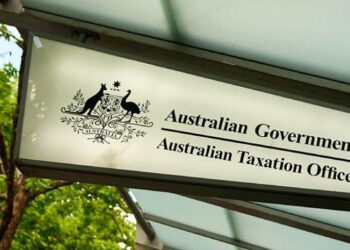Scott Hay-Bartlem, partner at Cooper Grace Ward Lawyers, said for many people, the best option is to have their superannuation death benefits paid to their estate to be dealt with under their will when they die, as it provides more flexibility as to where it goes.
“There are limits on to whom you can pay directly out of a superannuation fund to someone through an estate, we can pay wherever we want it to go,” he said.
“If your superannuation death benefit goes into your estate, it’s the estate that pays the tax and we usually won’t pay the Medicare levy. So, rather than having the individual recipients get the money and having to worry about what effect it has on their benefit thresholds, having it going into the estate can be an effective way of doing it.”
He continued that if the benefit goes into an estate, structures such as a testamentary trust can be used to protect the beneficiaries from where the money goes and also offers some guidance around how they deal with it.
“These are just three of the more common reasons for directing super death benefits into the member’s estate, but there are, of course, others.”
There are some situations where directing superannuation benefits into a member’s estate is not the best option.
“In most states you can keep the superannuation outside your estate and protect it from an estate challenge which can be an important reason,” Hay-Bartlem said.
“Once your superannuation goes into your estate, then it is subject to all the estate challenge kinds of rules. If your superannuation goes into your estate, it can’t be paid as a pension.”
Therefore, he said, if a member wants, for example, a surviving spouse to receive superannuation as a recurring pension or income stream, the best way to achieve this is to send it to them outside of the estate.
“It’s also important to think about restrictions. What’s the recipient going to do with the money? And we can clear it away from the whole lot of rules and restrictions you might have.”
“It might be quicker to make the payment outside the estate. Again, there’s a number of others [reasons]. There are a lot of issues to think about when deciding where your superannuation goes and what ultimately ends up being the right decision will vary depending on people’s circumstances.”


